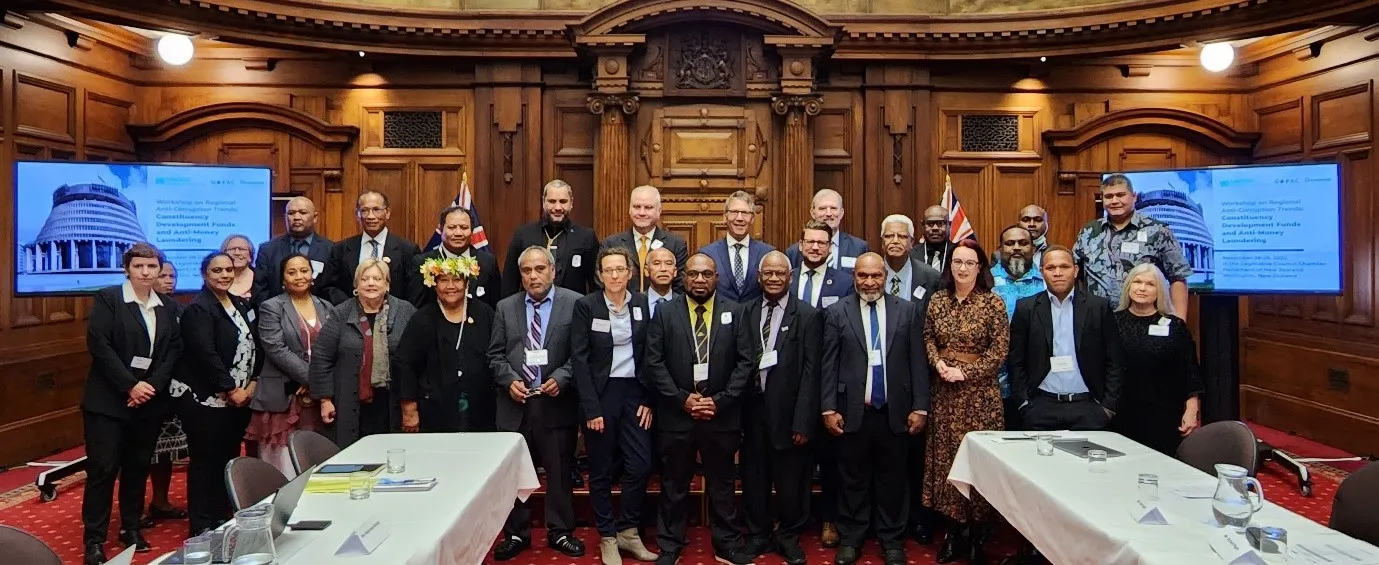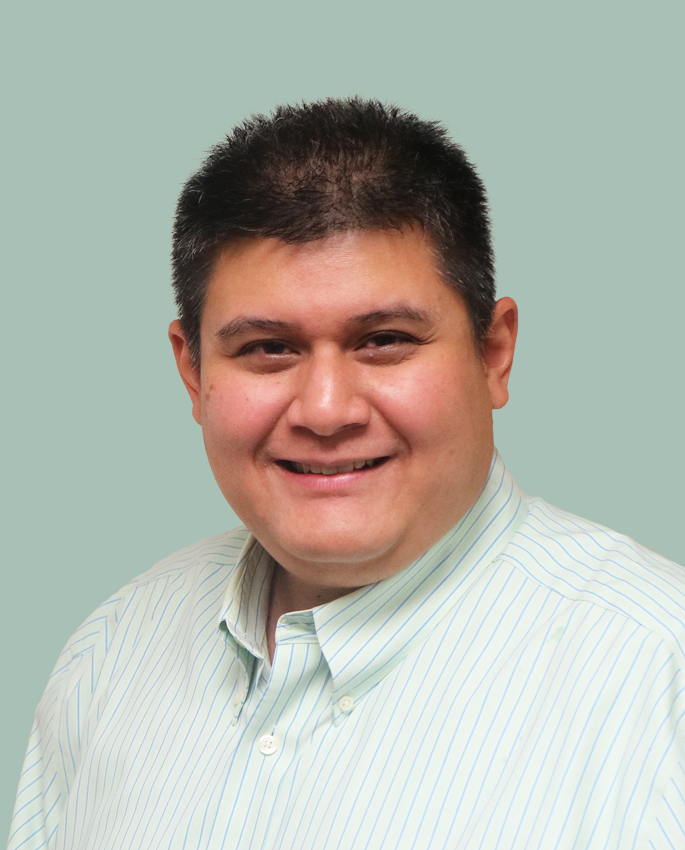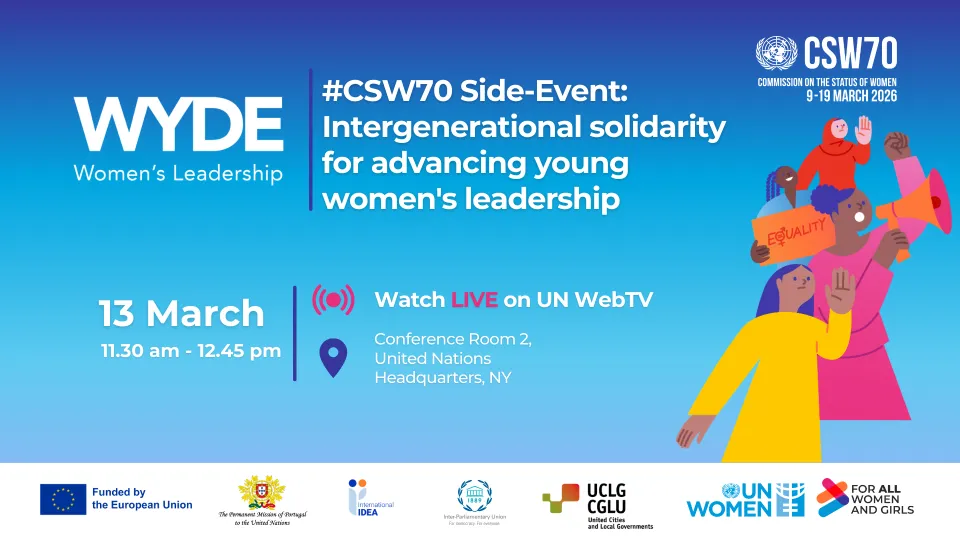Constituency Development Fund: Can it work?

A regional workshop on Constituency Development Funds (CDFs) and Anti-Money Laundering was convened in Wellington, New Zealand, on 28–29 November 2022. The meeting brought together parliamentarians along with integrity officials including the Ombudsmen and Leadership Commission from the Pacific region. Budding democracies, abundant natural resources, frequent natural disasters and comparatively small populations characterize many Pacific Island nations, making them vulnerable to corruption.
The Constituency Development Fund (CDF), which has varying names in different nations, is a funding arrangement that channels funds from the central government directly to constituencies for local infrastructure projects. Decisions about how these funds are allocated and spent are heavily influenced by the elected Member of Parliament (MPs).
The extent to which these funds are controlled by parliamentarians and local citizens involved varies from country to country. However, a key feature of the CDF is that MPs have significant control over the allocation and use of centrally allocated funds, which is distinct from their primary legislative and oversight functions. On the other hand, proponents of CDF argue that MPs can ensure development meets constituents’ expectations.
During the workshop, the MPs present shared their experiences on how CDFs work in their respective countries and the control measures that are in place in their jurisdictions. Hon. Gary Juffa MP, Governor of Ora Provincial Government PNG, said, “Papua New Guinea has all the best systems of best practices in the world all written down,” in the form of the National Constitution, its statutory laws, subsequent policies, and guidelines. The laws are all coherent and specifically detailed for best practice which also includes rules for the application of CDFs. Hon. Juffa highlighted that for a country with such a diverse linguistic, cultural, geographical and socio-political environment, interpreting the use and practice of the CDF in parliament, provinces and districts is the greatest challenge.
While sharing his country’s experience, the Permanent Secretary for the Ministry of Rural Development (MRD), Dr Samson Viulu of the Solomon Islands explained the challenges MRD faces every day in managing CDFs. Unfair distribution of funds, mismanagement of funds, absence of proper guidelines, lack of transparency, and lack of capacity were a few things that Dr Viulu highlighted in his presentation. Tongan MP, Hon. Dr ‘Uhilamoelangi Fasi, who is also the Chairman of the Parliament Standing Committee against Corruption said that it is perceived by many people that incumbent MPs have unfair advantage over electoral candidates. It is perceived that incumbent MPs hold on to the CDF and use it during an election year as a means of vote buying.
In the workshop, there were presentations by the Ombudsmen of Papua New Guinea, , the Solomon Islands and Tonga. While sharing the laws that were present in their respective countries to tackle corruption, the Ombudsmen agreed that reforms are needed in their laws because corruption has evolved and mutated over the years and is now eating away at the very fabric of our society. The Ombudsman Commission carries out regular awareness programs with the leaders of all levels of government on transparency, accountability, and good governance.
The Global Corruption Barometer – Pacific 2021 records for the first time the perceptions and experiences of corruption among ordinary citizens from 10 Pacific countries and territories. The results reveal high levels of bribery, sextortion, and vote-buying. One of the perceived reasons for a high level of corruption is through the CDF. Upon being asked by the participants why Australia and New Zealand were not included in the research, Transparency International New Zealand revealed that the budget of the project was not enough to cater to these two countries.
Despite its flaws, proponents of CDF see a lot of benefits which include fast delivery of assistance on social and cultural needs, directly benefiting constituents and business communities, easily accessible, and less bureaucratic processes involved. The CDF is one of the few funds that go directly to rural people. The workshop was necessary for finding ways to better control the use of CDFs because some Pacific Island countries are already adopting the CDF programme as means of advancing their rural development aspirations. In the presentations, it was noted that the CDF allocations have increased over the years in the Pacific Island countries. Thus, the need to have a careful consideration of all factors, inclusive of relevant universal best practices, and relative to the diversities of the Pacific Island countries, to improve a workable formula that can ensure that CDF is used for the purpose for which it is meant.
The workshop focused on potential recommendations which will lead to a new Pacific-focused toolkit on CDFs to boost fund oversight, accountability, transparency and strengthen good governance. The two-day CDF workshop and development of the CDF toolkit was organized by the Global Organization of Parliamentarians Against Corruption (GOPAC) Oceania. United Nations Office on Drugs and Crime (UNODC) supported the event through the UN Pacific Regional Anti-Corruption Project (UN-PRAC), which is supported by the New Zealand Aid Programme. Global Organization of Parliamentarians Against Corruption (GOPAC) Oceania is assisted financially by the GOPAC Office in Qatar and the Government of Qatar.
International IDEA has a great interest in ensuring the positive use of money in politics. The CDF is one major concern to which International IDEA will contribute to any discourse related to it. International IDEA extends its gratitude to GOPAC Oceania and UNODC for the invitation to the workshop.





